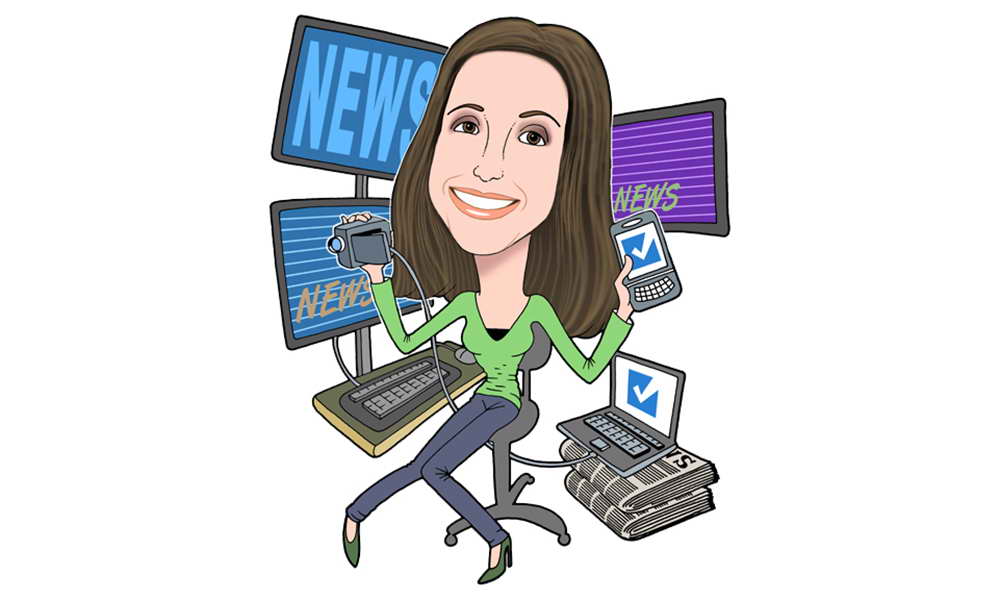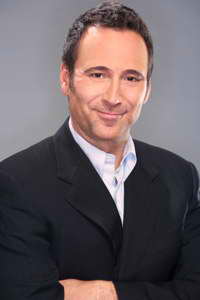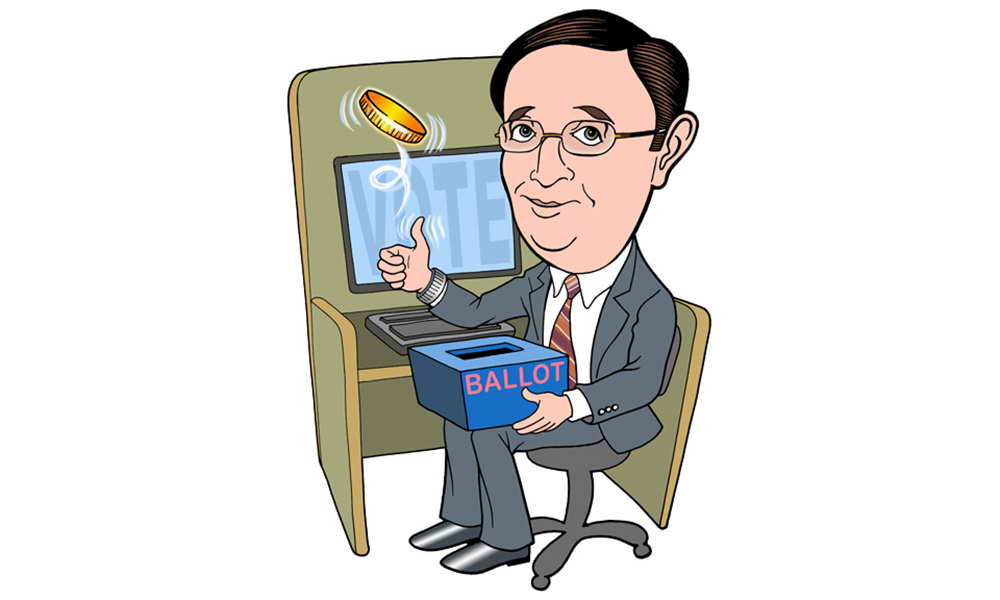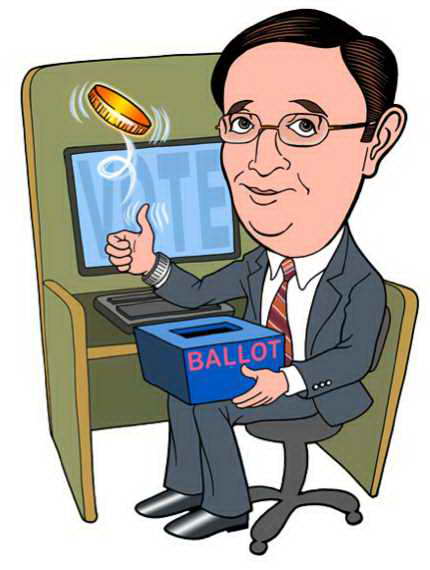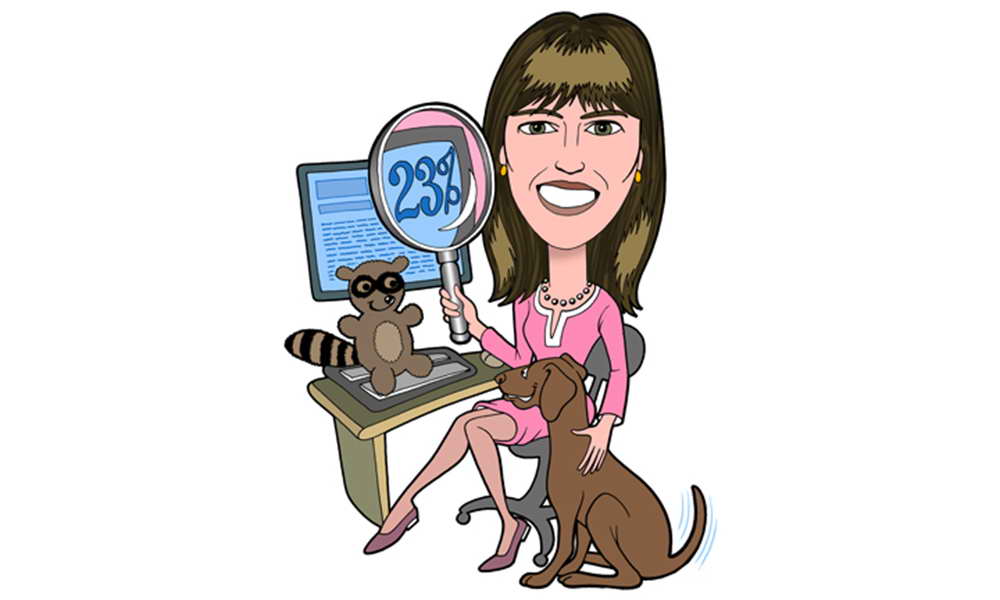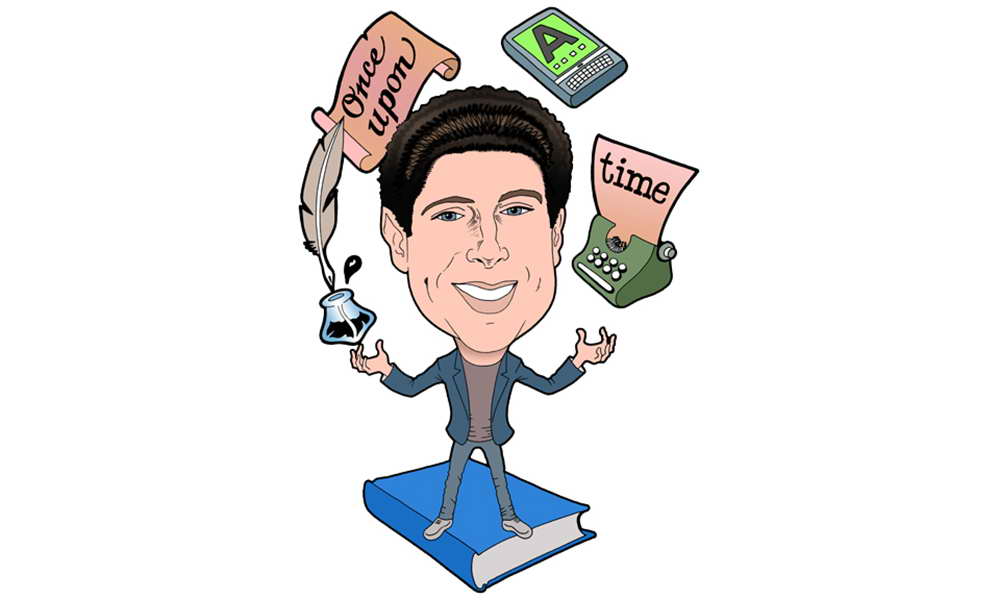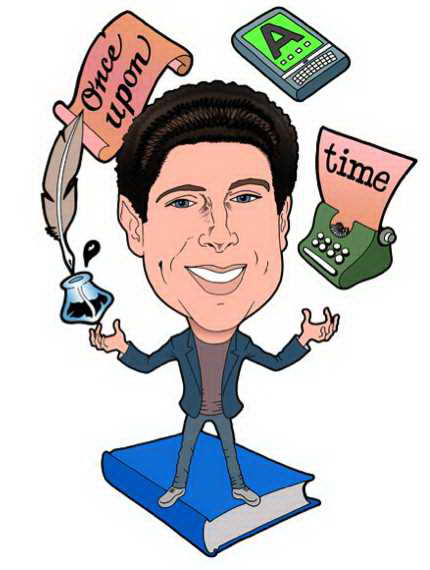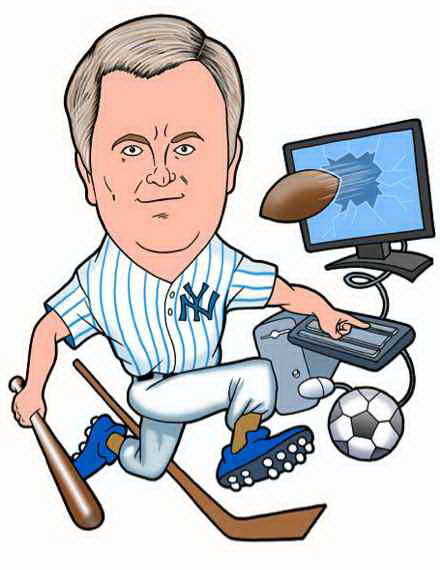By John Sparks
On November 2nd, American voters will go to the polls and decide who will win the 2010 midterm elections. Republicans believe they have a chance to regain a majority in the Senate and recapture a number of seats in the House. But, will Tea Party candidates hurt Republican chances to re-take the Senate? What are the chances Tea Party candidates will prevail on Election Day? What does all of this say about how voters feel about the job President Obama and the Democrats are doing? The Marist Poll’s John Sparks talks with syndicated political columnist Carl Leubsdorf who writes a weekly column for the Dallas Morning News.
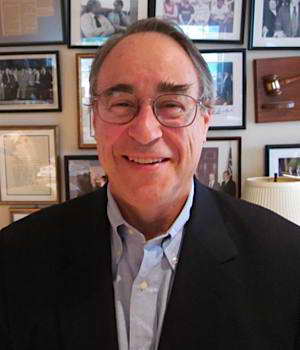
Carl Leubsdorf
John Sparks
Carl, we’re on the eve of the midterm elections. Now, Republicans had hoped to win back the Senate. But since the primaries began last spring in some states, the Tea Party has defeated an establishment backed GOP contender I think eight times. What are we seeing here?
Carl Leubsdorf
Well, I think we’re seeing sort of a division in the Republican Party whereas a faction of the Republican Party, reacting in part to the current economic situation and the Obama presidency, but also reacting to some degree to the Bush administration and what they felt was overspending and lack of fiscal discipline during that administration is basically calling forward sort of a return to basic Republican principles, and they’re taking on some of the establishment figures in the Republican Party who they blame for some of the problems. Actually, the people who are being taken down in some of these fights, some of them had nothing to do with it, but that’s really about it, and they’re trying to create a more aggressively conservative Republican Party, especially on economic issues.
John Sparks
We’re going to talk a little bit more about that in a minute, but I want to ask you next what sort of chance do you think these Tea Party nominees have against the Democrats in the general election?
Carl Leubsdorf
Well it depends on — entirely on the state. For example, in Utah where one of the Tea Party people took on Senator Bennett, a veteran conservative Republican, beat him in the party convention, Utah’s so Republican that they’re going to elect a Republican Senator. The same thing in Alaska where Joe Miller ousted Senator Lisa Murkowski, a more moderate Republican, in the primary. If it’s a two-way race between Joe Miller, the Republican, and the Democratic candidate, the Republicans will win because Alaska is a pretty conservative state. However, in Delaware, which had its primary on Tuesday, this is a Democratic leading state these days. It used to be much more evenly divided, and even the Republicans say that their candidate is so conservative and her credentials, so questionable that by beating — they beat the one Republican, Congressman Mike Castle, who was — had an excellent chance to win that race. He might’ve even had a chance if the Democrats had nominated Vice President Biden’s son, who’s the state attorney general. So, with him — Castle out of the race and Tea Party candidate Republican in, even the Republicans think they can’t win it. So, it really depends on state-by-state.
John Sparks
I read a short time ago that the Republican Party said that they would be backing Christine O’Donnell, but do you think they really will? Will she get the backing of the Republicans? Will she…
Carl Leubsdorf
She’ll get the official backing, and their policy — this is John Cornyn, the Texas Senator who heads the National Republican Senatorial Committee. Their policy is to back the party nominee, and they’ll do that. However, as someone pointed out today, in order to run a competitive race in Delaware, you have to buy television time in Philadelphia which covers a good deal of the state, and that’s an expensive media market, and I can’t see the Republican Senate Committee spending a lot of money in Philadelphia on that race. So, yes, they’re backing them, but they’ll have their priorities, and that’s not going to be one of them.
John Sparks
Do you see Republicans burying the hatchet within their own ranks and unifying in order to be viable against Democrats?
Carl Leubsdorf
I think at some places they are and some places they’re not. For example, in Kentucky where Rand Paul, the son of Congressman Ron Paul, defeated the establishment candidate to win the Senate nomination, Mitch McConnell, the other Senator from Kentucky, who’s the Senate Republican leader, has made peace with Paul even though he backed Trey Grayson, his opponent, because he figures there’s a good chance Paul’s going to be the other Senator from Kentucky, and he wants to bring him inside the tent. But, Mike Castle in Delaware isn’t going to do anything for the woman who beat him, and you could easily… It’s a fascinating situation because you could have a situation in the Senate… the Republicans are all saying, “After the Delaware race, our chances of winning the Senate are diminished,” and that’s always been a threat. Since Rand Paul won his race, that has been a threat, and since Sharron Angle in Nevada won the nomination against Harry Reid, that the Republicans would fall short in the Senate because of a couple of these people who would be too conservative, too right wing to be elected. However, if the Republicans do win the Senate, and it’s certainly still possible, you could have a situation where they have a very minimal majority, 51 to 49, and that that majority is going to depend on a couple of these Tea Party people, so that could be a fascinating situation. The fact is that whichever party wins the Senate next year with 51/52 seats, because it takes 60 votes to get so much done in the Senate, neither party’s going to have a working majority in the Senate. But, I think some of the Tea Party people having succeeded in party primaries this year, they think this is just the beginning.
John Sparks
Carl, we typically think of the midterms as a time when the party out of power historically makes gains against the party in power. And, with this emergence of these Tea Party primary victories, and we’re seeing what appears to be in some sense sort of a civil war within the ranks of the Republicans, how do you think all of this is reflecting on the Obama administration?
Carl Leubsdorf
Well, the problem it poses directly for the Obama administration is it’s created quite a bit of enthusiasm in the Republican Party, and so the turnout for the Republicans in their primaries this year has on the whole been greater than that for Democrats. That is sometimes an indicator of what will happen. The converse of it is that you have a situation in the Democratic Party where there’s some disappointment in the Democratic Party that Obama hasn’t done more. Now, he’s passed a lot of his major initiatives, but you’ve got liberals who wanted single payer in the health bill and didn’t get it, and then you got some conservative Democrats who don’t like the health bill at all. Democratic turnout seems likely to be down. Turnout is a big factor in midterm elections. Not as many people vote in them as vote in presidential elections, and the Democrats were helped in ’06 in the Congressional election, ’08 in the Presidential election by a big increase in turnout, especially minorities and young voters. If those folks don’t turn out this year, the electorate will be older, whiter, more conservative, and that’s going to help the Republicans. So, the enthusiasm in the Republican Party of the Tea Party people is certainly going to help them some at least in this midterm election.
John Sparks
You know, it’s interesting that President Obama based his campaign on change and now it’s the Tea Party members within the ranks of the Republicans who are calling for change within the ranks of the Republican Party. Has change become everyone’s mantra these days?
Carl Leubsdorf
Oh, it’s always been. I’m old enough to remember when Dwight Eisenhower ran for president after 20 years of Democratic White House control, and the motto of the campaign was “It’s time for a change.” ,And, John Kennedy was going to get American moving again. The out party always talks about change. Now, of course, some of the change that the Tea Party folks and that some of the Republicans want, the Democrats will tell you this isn’t very much change because they’re talking about a policy on taxes, which — extending all the Bush tax cuts, which is basically what was done during the Bush years. They’re talking about cutting domestic spending. They tried that in the Reagan years. They talked about that when the Republicans won Congress in 1994. So, how much of a change this is, it’s a changeover of Bush policy where the second President Bush certainly spent an awful lot and had big deficits, but change is in the eye of the beholder I guess like beauty.
John Sparks
Let’s talk about New York for a minute. Rick Lazio lost out in his bid to be the Republican nominee for governor. What chances does Carl Paladino have in New York?
Carl Leubsdorf
Well, I think he had about as much chance as Rick Lazio would’ve had, which isn’t very much. You know, what’s happened in New York, and in some degree it happened in Delaware too, is that the old moderate Republican faction in New York represented by Governor Rockefeller, Senator Jacob Javits, a lot of those folks aren’t Republicans any more. They’re either independents or Democrats. And, as the Republican… and the same thing is true in Delaware. As the Republican Party has gotten smaller, the conservatives are the ones who are left, and they can control primaries, but they can’t win statewide elections. Someone predicted today that the main difference of Paladino winning the Republican nomination because Rick Lazio will already be on the ticket as the Conservative Party nominee, is that Andrew Cuomo, the Democratic candidate for governor, instead of winning 70 to 30 over one of them will win 70 to 15 to 15 over the two of them. This is a real long shot for the Republicans. The Republican Party in New York is in terrible shape. They have a terrible time electing statewide candidates. They’re down to like two or three House members in the whole delegation. Although, the chances are they’re going to pick up a couple of those this year.
John Sparks
Carl, we’ve certainly seen polarization between Democrats and Republicans, and now it appears that we’re seeing certainly polarization more so within their respective parties. What effect is this having on our government being able to operate?
Carl Leubsdorf
Well, I remember 20-30 years ago when everyone said it was ridiculous to have two parties that were coalitions and wouldn’t it be better if one party was the conservative party and one party was the liberal party? Well, as it turns out, that’s not better. It’s worse. It’s created this polarized situation. When both parties were coalitions, there was much more room for compromise between them, but compromise in Washington has become a dirty word. A Republican who works with the Democrats gets in trouble. Take the case of Lindsey Graham in South Carolina, certainly a good card carrying Republican on all issues, except he’s worked with the Democrats on environmental issues a little bit, and he supported the Democratic Supreme Court nominees as qualified, and his — a couple of his own committees in South Carolina passed resolutions saying that he wasn’t a good Republican. There was an interesting poll taken at Allegheny College some months ago, and one of the questions was: Do you think it’s better for politicians to try to compromise the other side or to stand up for their principles? And, most Republicans said they ought to stand up for their principles, and more Democrats said it’s better to compromise with the other side. That in a nutshell is what we see happening.
John Sparks
Carl, we’re a couple of journalists. We’ve been talking horse race. There’s a lot of criticism about concentrating on the horse race. Is it an inescapable trap that we’ve fallen into in covering elections since the technology has changed the way that elections are covered?
Carl Leubsdorf
Well, elections are about who’s going to win after all, and one of the questions in this election as in many is: What will happen if the side that’s out — because what will happen in policy depending on how the outcome was? Now, Barack Obama when he campaigned for president promised he would have a more aggressive government in fighting economic issues. He said he would try to pass national health reform. He said he would try to work on climate control, and that’s what he’s done as president with some success; although, the true success of it if it proves to be successful will be long-term which is one of his problems. The Republicans haven’t quite said in this election what they would do if they got in. They’re concentrating on saying “no” to the Democrats at this stage. But, the policy implications of this election, there are always policy implications in any election. I think most of us expect a pretty gridlock situation in Washington no matter how this election comes out. You got a Democrat in the White House. He’s not going anywhere. You have a fairly good chance the Republicans will win the House, and you got a good chance that the Senate won’t be able to act one way or the other whichever party gets control. That’s a prescription for gridlock. And, a lot of the issues that are out there, like taxes and some of the pending issues, are going to be — not much is going to be done about them until after the next presidential election and perhaps it sorts out. Now, we thought that would happen after ’08, and it did to some degree. That’s why Obama has been able to pass some of the things he’s been able to pass. But, because of the unemployment situation, the economy, and the fact that what Obama has done hasn’t been that popular in part because people don’t see how it affects them in the short-term, now people want to change that. So, we’ll see. But, at this time of an election campaign, it’s really about who’s going to win and who’s going to lose, and that’s what we’re talking about.
John Sparks
Carl, it’s always a pleasure talking with you. Anything else you’d like to add?
Carl Leubsdorf
No, I think that one factor that… there’s still a few… Newt Gingrich made a good point today. He said, “This election isn’t over. The Democrats have a lot of money.” And, that’s… for one, we’re so eager to declare the result of an election, even though it’s not going to take place for two months, but there is of course, always the possibility that the Democrats — something will happen in the next couple of months that will get the Democratic turnout up enough so that instead of losing between 40 and 50 seats, they lose 35 seats in the House and manage to keep control of the House and keep a narrow majority in the Senate. But, because of the Senate situation, it’s going to be very hard for them to get much done anyway, but there is — there’s always the outside chance that things won’t go the way they’ve been. But, this election, it looks like for weeks and weeks, it’s been pretty much… the numbers have not changed. They go up a little bit They go down a little bit. My friend Peter Hart, the veteran Democratic pollster and one of the best in the business, said that he thinks that there’s not any question about whether the hurricane is going to hit the Democrats. It’s going to hit them. What we don’t know is whether it’s going to be a Category 5 hurricane or a Category 4 hurricane. So, I think that’s probably true, and it doesn’t look like a good year for the Democrats. But, until they count the votes, there’s always the possibility of something different.
John Sparks
Well, what do you see on the hurricane front two years from now when the White House is up?
Carl Leubsdorf
Oh, that’s a long way away. The idea that Barack Obama would be elected was certainly just a distant thought at this point four years ago, but I do think that the Republicans have a basic problem. At the moment, they don’t have a strong candidate against Obama, and the same split we’ve seen in state after state is likely to manifest itself during the primary campaign. Clearly, the leading figure in the Republican Party in terms of popularity within the party and as a dynamic force is Sarah Palin, and there are a lot of Republicans who think that they would love to have her heading their ticket next time. But, the last poll I saw showed that 71% of Americans thought that she was not qualified to be president, and half of the Republicans polled felt that way. So, if that happens, she’s going to have a tough time winning an election. However, if unemployment is still 10%, anything becomes possible. But, you’re going to see a very bitter Republican fight, and we know who some of the players are, but we don’t know who all of the players are, and we certainly don’t know how it’s going to come out. So, that’s going to have a big impact. Every elected president since Jimmy Carter has been re-elected. Every American president who won — brought his party back into the White House has won a second term in the last 50-60 years except for Jimmy Carter. The presidents who were beaten for re-election like the first President Bush and Herbert Hoover were extending their parties hold on the White House. So, the norm will be for Obama to be favored and to be re-elected, but I guess rules in politics, like everything else, were made to be broken, so we’ll see.
Related Stories:
Poll: GOP Over Dems on Enthusiasm for Midterm Elections
Poll: Obama Approval Rating at 45% … Economic Views a Factor
Interview: Bonnie Angelo Discusses the Political Climate Leading Up To the Midterm Elections
 According to the Pew Research Center’s 2008 post-election analysis, younger voters backed the Democratic Party in the 2004, 2006, and 2008 elections. 66% of voters under age 30 supported Obama in 2008, according to the exit polls. The result was the largest age gap among voters since 1972.
According to the Pew Research Center’s 2008 post-election analysis, younger voters backed the Democratic Party in the 2004, 2006, and 2008 elections. 66% of voters under age 30 supported Obama in 2008, according to the exit polls. The result was the largest age gap among voters since 1972.

